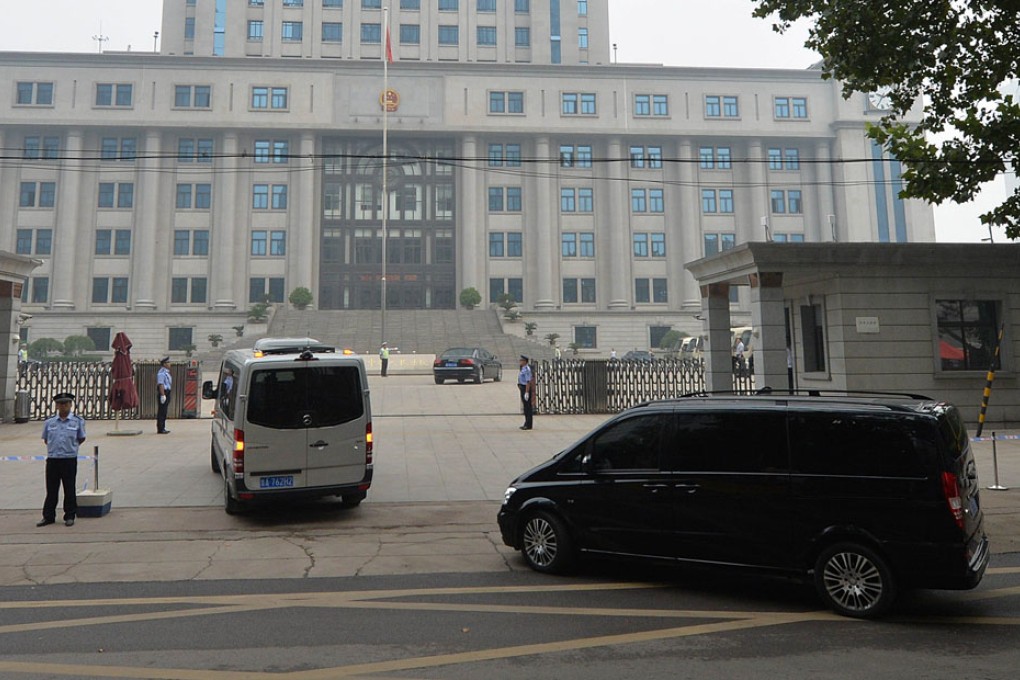Opinion | The Western devil is in the details of the plenum plan
China's leaders are keen to establish circuit courts and a federal bureau of investigation along lines similar to the US

As the mainland leadership fleshes out the landmark blueprint adopted at the plenum of the Communist Party's 18th Central Committee and draw up details of how to implement the recommendations, it has made clear that China will never take the "evil route" of the Western-style democracy.
Indeed, even though the blueprint is supposed to take the economy to a new level of development and integration with the global community, leaders constantly warn that hostile foreign forces - namely the United States - will subvert communist rule by advocating the superiority of Western-style governance.
Ironically, Chinese leaders remain unabashed in learning from, or even copying, the functions of America's political system and judiciary as they try to overcome resistance from powerful vested interests and local authorities to centralise power and improve governance.
Meanwhile, the international community is paying close attention to the new national security committee, reportedly styled on the US National Security Council. The new body will bring together the police, military, intelligence and diplomatic services to deal with increasingly complex challenges at home and abroad.
But the security commission is not the only idea that the mainland is borrowing from the Americans.
As it attempts to improve the corruption-riddled judicial system and reduce rampant interference in courts by local officials, the central government is accelerating efforts to set up Chinese versions of US federal circuit courts and the Federal Bureau of Investigation.
